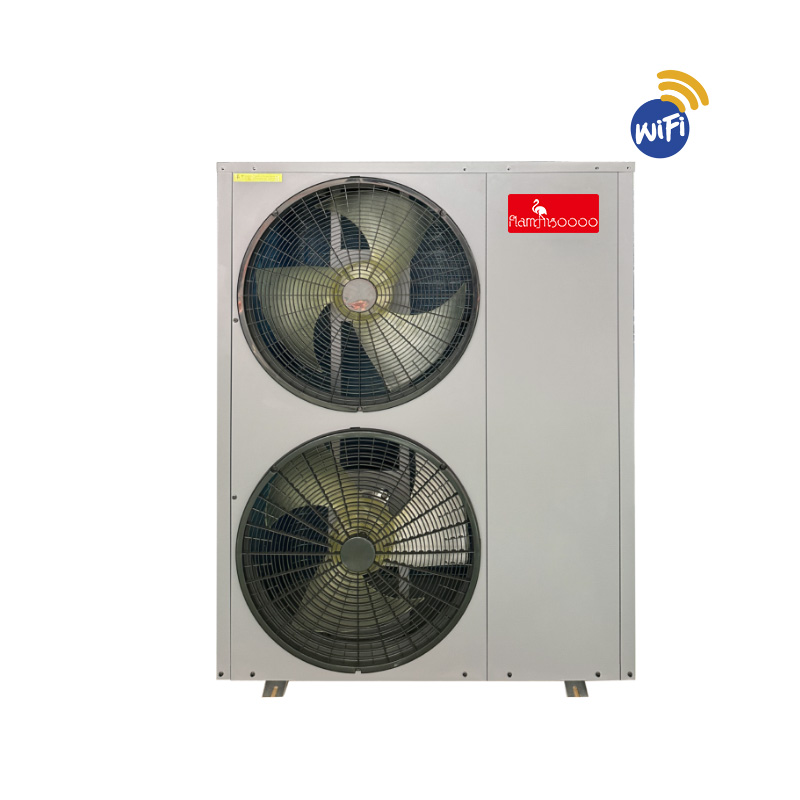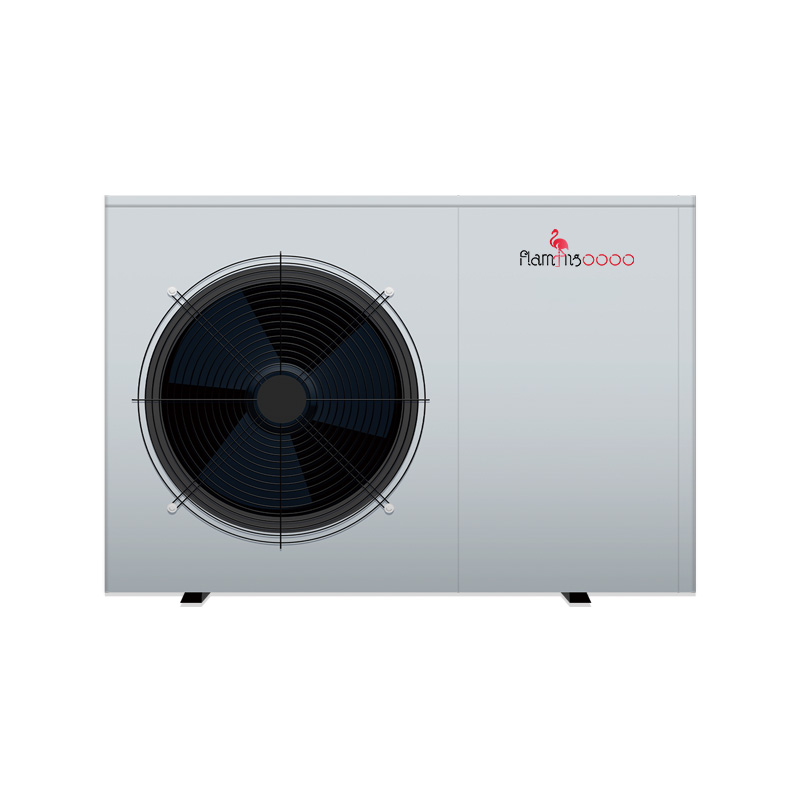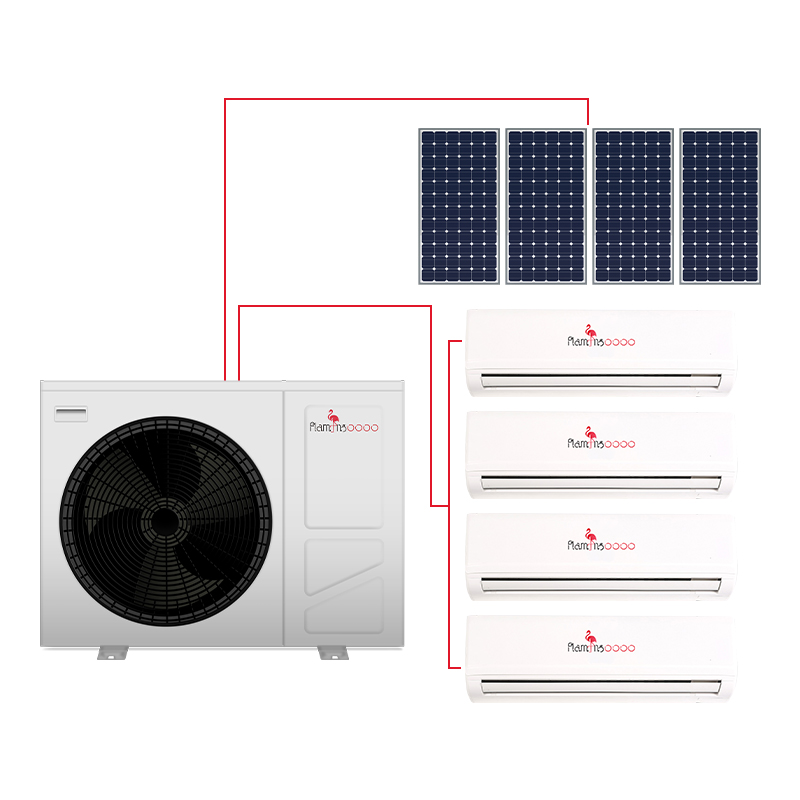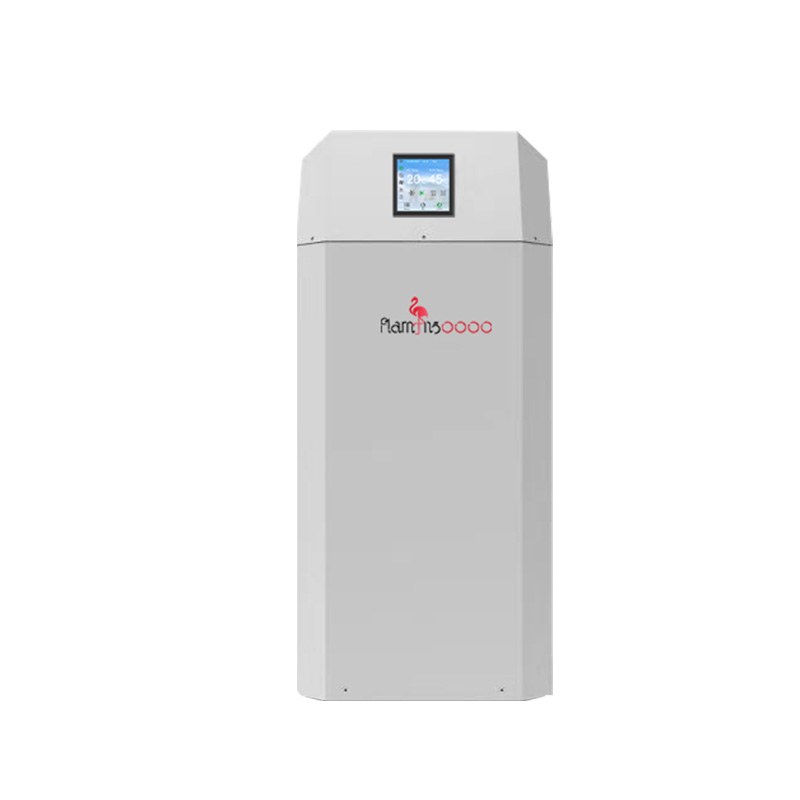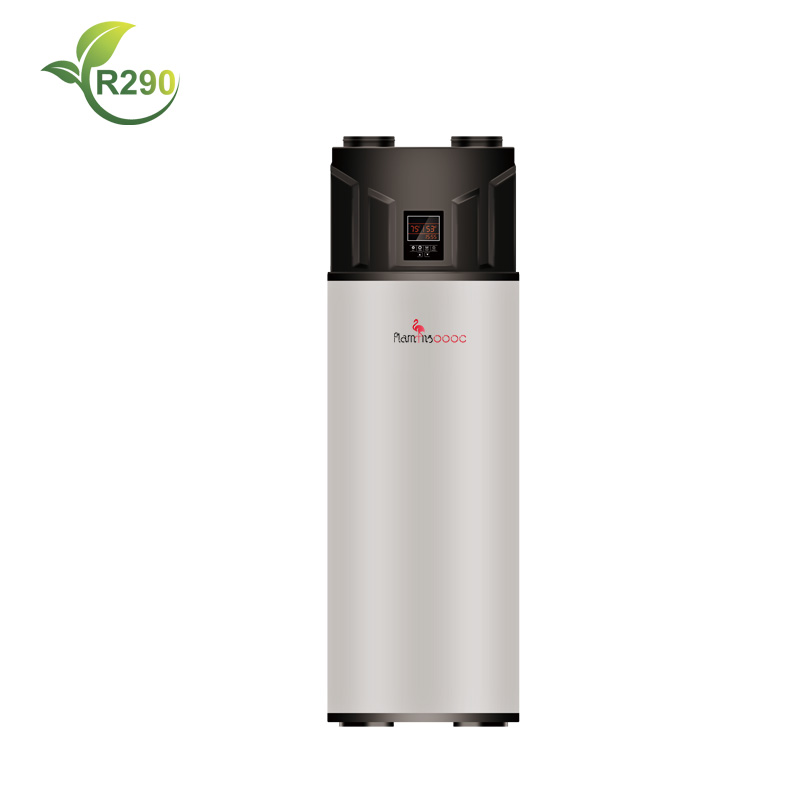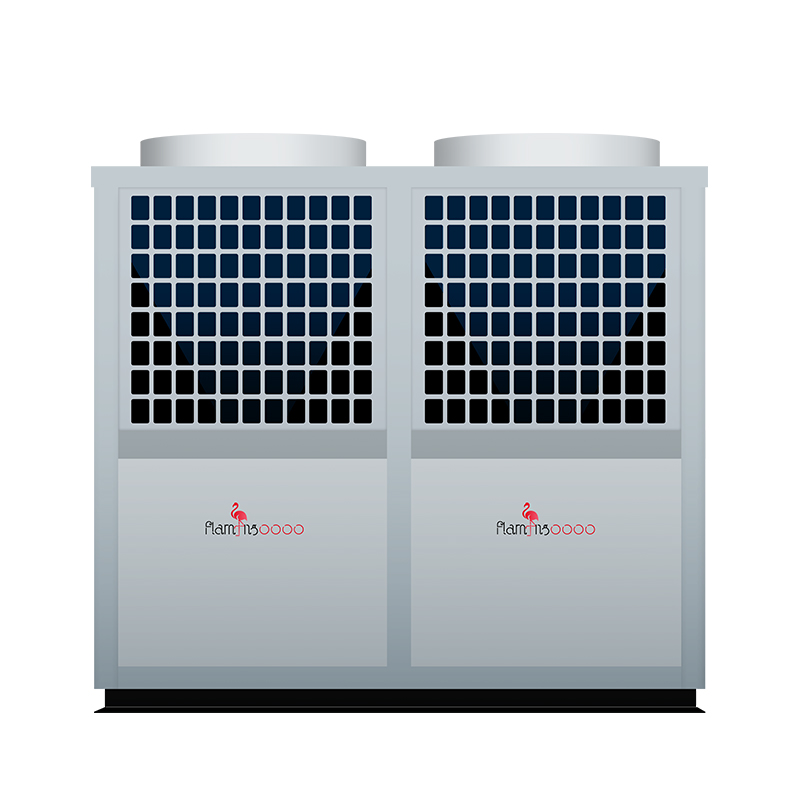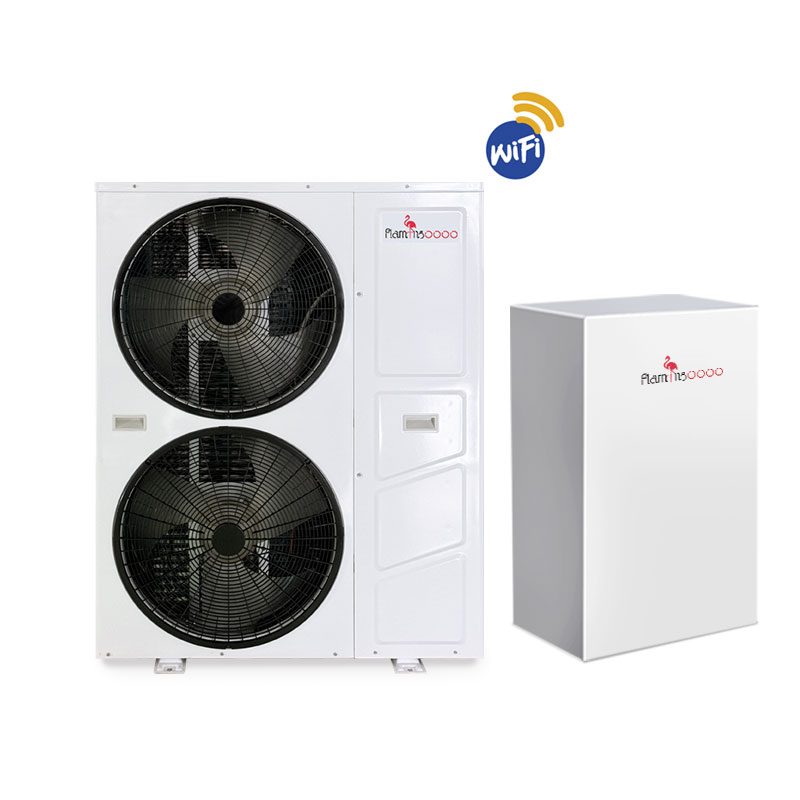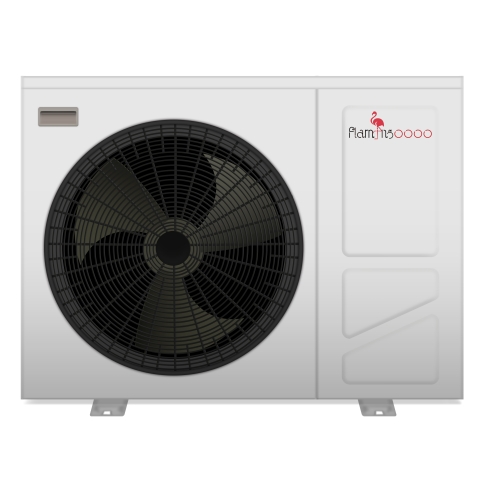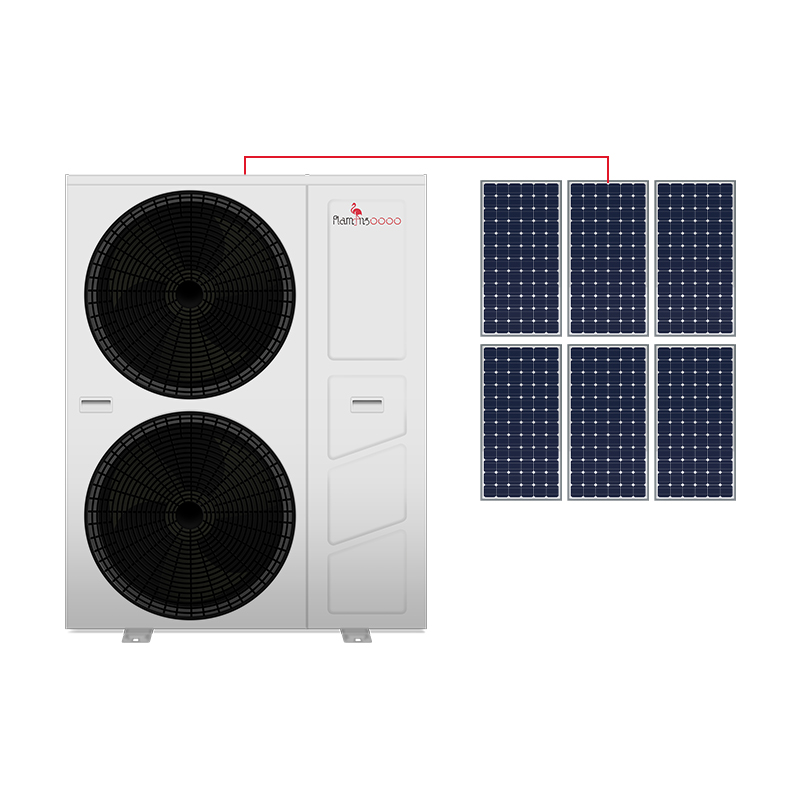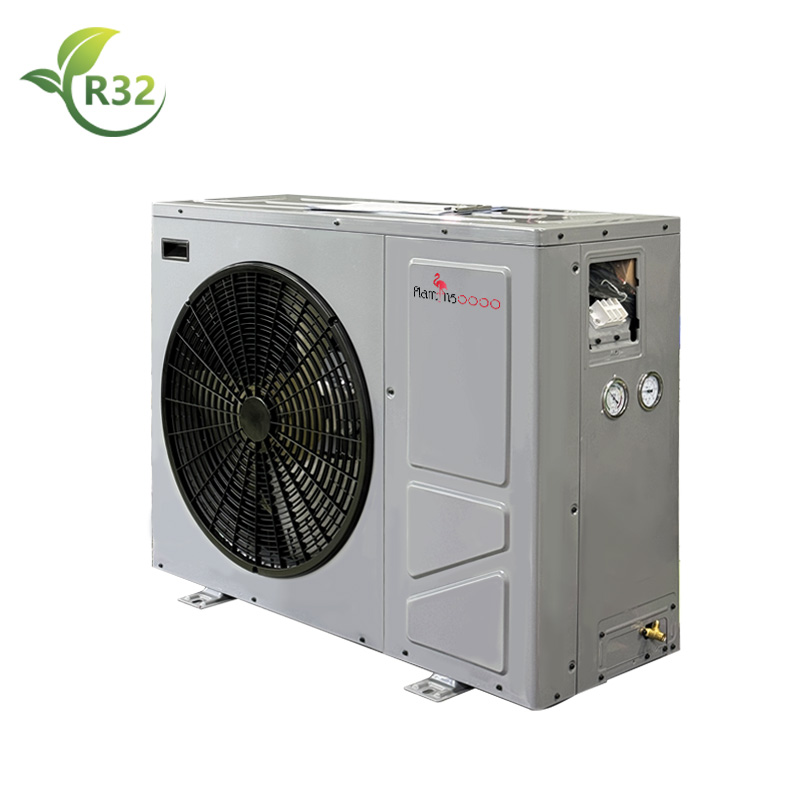Regular Heat Pump Vs Dc Inverter Heat Pump: What Is The Difference?
In recent years, with the global emphasis on energy conservation and emission reduction, heat pumps have become more widely used, especially in the residential and commercial sectors. While traditional conventional heat pumps have been in use for decades, DC inverter heat pumps (also known as inverter heat pumps) are gaining popularity in the market as a more advanced and efficient alternative. This article will delve into the key differences between conventional heat pumps and DC inverter heat pumps.
The main differences between conventional heat pumps and DC Inverter (Direct Current Inverter) heat pumps are in the areas of operating principles, energy efficiency, operational stability and noise levels.
1.Principle of operation
Conventional heat pumps: usually use a fixed-speed compressor with a fixed rotational speed that cannot be automatically adjusted to changes in ambient temperature or demand. This means that the compressor runs at a fixed speed during the heating or cooling process, regardless of changes in external conditions.
DC Inverter heat pumps: use a DC inverter compressor, along with an accompanying DC inverter control system and DC inverter fan motor. This technology allows the speed of the compressor and fan to be automatically adjusted according to the ambient temperature or the heating needs of the home. This adaptive capability increases the flexibility and efficiency of the heat pump.
2.Energy efficiency
Conventional heat pumps: Due to their fixed speed, conventional heat pumps may not be as energy efficient during part-load operation as they are during full-load operation. In addition, when the ambient temperature differs significantly from the set temperature, conventional heat pumps may take longer to reach the desired temperature, increasing energy consumption.
DC Inverter Heat Pumps: By automatically adjusting the speed of the compressor and fan, DC Inverter heat pumps can more accurately match the actual demand, thus reducing energy consumption while achieving efficient heating or cooling. In addition, these heat pumps usually have a high COP (Coefficient of Thermal Effect) value, which means that they have a high ratio of heat energy gained from the heat pump to the electricity consumed, i.e. they are more energy efficient.
3.Operational stability
Conventional heat pumps: Due to their fixed speed, conventional heat pumps may face unstable operation under extreme environmental conditions. For example, a fixed-speed compressor may have difficulty in maintaining stable operation at extremely low or high ambient temperatures.
DC Inverter heat pumps: By automatically adjusting the speed, DC Inverter heat pumps can be better adapted to different environmental conditions. This adaptability not only improves the operational stability of the heat pump, but also extends its service life.
4.Noise level
Conventional heat pumps: Conventional heat pumps usually have a high noise level due to the high vibration and noise that a fixed speed compressor can generate during operation.
DC Inverter heat pumps: Thanks to inverter technology, DC Inverter heat pumps can regulate their speed more smoothly during operation, resulting in less vibration and noise. As a result, DC Inverter heat pumps typically have lower noise levels compared to conventional heat pumps.
In summary, DC Inverter heat pumps are superior to conventional heat pumps in terms of working principle, energy efficiency, operational stability and noise level. These advantages have led to the increasing use of DC Inverter heat pumps in modern domestic and commercial heating, cooling and hot water supply.
In summary, DC inverter heat pumps are superior to conventional heat pumps in terms of energy efficiency, performance, noise, cost savings and environmental protection. With the continuous advancement of technology and increased environmental awareness, DC inverter heat pumps are expected to become the preferred choice for future heating and cooling systems in the residential and commercial sectors.

